Let’s talk about increasing your energy and supplements, shall we?
Yes, technically, your energy comes from calories.
But what if you aren’t able to absorb the nutrients that you need to achieve peak energy? How are you supposed to absorb the necessary amounts of say iodine or B-12 that you need to maintain healthy bodily processes? The answer, you get a little help.
And that help comes from supplements.
According to the FDA:
“a dietary supplement is a product intended for ingestion that contains a dietary ingredient intended to add further nutritional value to supplement the diet.”
These supplements make sure that you’re able to get an adequate intake of essential nutrients. They can come in many different forms, such as tablets, powders, capsules and possible a mixed drink.
Now the key word there is that dietary supplements should be supplementing your diet.
If you don’t often eat a nutritious variety of foods, then certain supplements can help you get the necessary amount of essential vitamins and nutrients. But, it’s important to know, that supplements shouldn’t replace a healthy diet – but rather they should complement it.
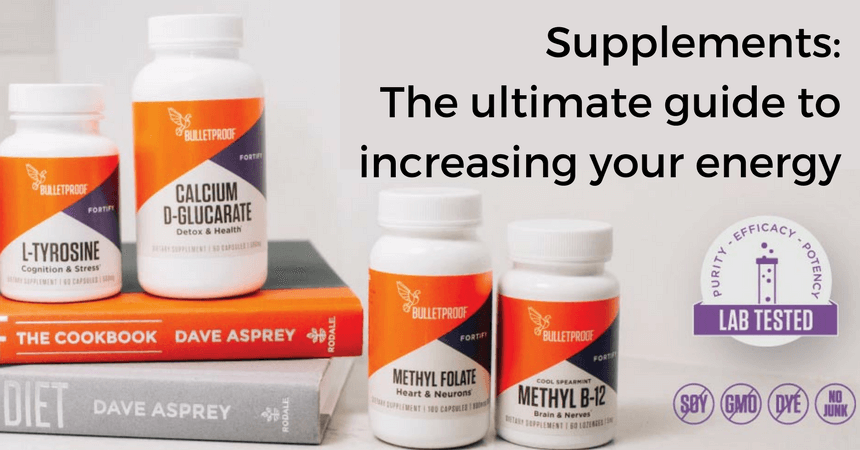
Table of Contents
Who needs supplements?
Interestingly enough, research conducted by the NHS found that females were more likely to use supplements. They also found that elder people and those in poorer health were more likely to take supplements. But, make no mistake, these are definitely not the only people taking supplements.
Writing on behalf of the Academy of Nutrition and Dietetics, Sharon Denny, suggests that people that aren’t able to absorb the amount of vitamins and minerals that they need from food, often need to turn to supplements.
While others may face a restricted diet, either by choice or necessity. Vegetarians, vegans and those that have diet restrictions due to allergies, restrict the vitamins and minerals that they are able to absorb from their diet. These individuals often supplement these restrictions with supplements.
Pregnant women and older folks often face an increased risk of experiencing nutrient deficiencies. Pregnant women may choose to supplement their diet with folic acid, which has been found to reduce the risk of certain birth defects.
Other supplements may also be recommended to pregnant women depending on a number of factors. If a pregnant woman’s iron is low for example, it is likely that she’ll be given an iron supplement for the duration of the pregnancy.
Related reading: Ketosis: Everything you need to know to reach your peak performance
What can supplements do for me?
Some research suggests that certain supplements can be beneficial for overall health and well-being and others can be used for more targeted health problems.
For example, calcium and Vitamin D are both important for building and maintaining strong bones.
Many people take supplements to not only make up for what they’re missing in their diet, but rather to give themselves an extra boost. An unfair advantage some may say.
Maintaining a stable level of essential vitamins and minerals means that we have an extra defense against disease and environmental toxins.
Some point to consider before testing out supplements
It’s always a good idea to consult a healthcare practitioner, particularly if you have self-diagnosed a specific health condition.
The National Institutes of Health suggests that you get a second opinion on your health condition before commencing any supplement program.
They suggest some other points to consider before testing out supplements:
- Don’t replace, or combine, your prescribed medications with supplements. It is possible that some supplements are able to interfere with prescribed medications and each should be examined individually.
- If you are scheduled to have any kind of surgical procedure, let your healthcare practitioner know what supplements you’re on and make sure it’s safe to continue using them.
- Don’t think that natural products are always safe to use. Make sure you know all of the ingredients in your supplements, and run these ingredients by your healthcare practitioner.
- Make sure you understand how you’re supposed to use your supplements to achieve their maximum benefit. You should know the proper dosage and any side effects or risks associated with the supplements. Some supplements can do more harm than good when an excessive dose is consumed.
At the end of the day, you want to make sure that your supplements have been scientifically tested and have been approved by the relevant drug authorities. Besides, who wants to be popping a pill that doesn’t have the necessary approval? Not me, that’s for sure.

Which supplements are right for me?
There are so many different supplements out there that we really can’t blame you for not knowing which to use! There are many supplements that you could consider using to give you an energy boost, while others boost your body’s natural defenses and improve your physical and mental wellbeing.
Here’s a list of 5 different supplements that can help with a variety of different ailments. Let’s take a look at why these are important, what happens if you don’t have them and how you can get them.
- Iodine
- L-Tyrosine
- Calcium D-Glucarate
- Methylated folate
- B-12
Iodine
If you aren’t getting enough iodine in your diet, it’s possible to develop hypothyroidism. The Australian Thyroid Foundation suggests that “iodine deficiency is the commonest worldwide cause of thyroid disorders.”
Hypothyroidism results in an enlarged thyroid gland and can influence fertility, pregnancy and can result in neurodevelopmental disorders in newborn babies.
Iodine is critical for proper thyroid function, because it’s needed to create thyroid hormone. According to the American Thyroid Association: “The body does not make iodine, so it is an essential part of your diet.”
Iodine also plays an important role in supporting a healthy metabolism and stimulating your immune system. Your thyroid also has a role in a number of other bodily functions, including regulating your heartbeat, controlling the metabolic rate of your cells and boosting protein synthesis. In short, it’s a really important chemical element.
The thyroid uses iodine in the creation of two specific hormones that are able to regulate all other hormones in the body. Pretty impressive, right? These hormones are able to initiate energy creation within the body. In order to maintain a good energy level, you want to make sure that your iodine levels allow for the optimal functioning of your thyroid.
If you aren’t getting enough iodine in your diet, you should consider using this iodine supplement to help to regulate your iodine levels and keep your thyroid in perfect condition.
L-Tyrosine
Stress has (unfortunately) become a part of our everyday lives. We all experience it and in large doses it can be unbearable. It’s very difficult to completely escape from stress, so our only option is to learn how to cope with stress.
In come instances, prolonged, heightened stress levels can cause or aggravate certain psychiatric disorders. Lucky for you, there are a number of over-the-counter options to try and reduce the effects of stress, but none as effective as L-Tyrosine.
In his article examining the effects of L-Tyrosine, Ashley Young discusses the positive effects of the amino acid. In particular, he mentions a prevention in the decline of cognitive function in response to physical stressors. Not only is the amino acid able to boost cognition, but it can actually improve your responses to physical and mental stress.
While the body is able to produce L-Tyrosine, when faced with additional daily stressors you could greatly benefit from this L-Tyrosine supplement to complement the amino acids produced by your body.
Besides, when we’re faced with stress on a daily basis, who wouldn’t want a helping hand to be able to improve our body’s response to stress?
Calcium D-Glucarate
Calcium D-Glucarate helps the detox process (that you’re probably reading about everywhere.) Detoxing is definitely a buzzword in all health circles at the moment.
While our bodies can naturally detoxify, additional support is sometimes needed to help this detoxification process.
According to the Baseline of Health Foundation, Calcium D-Glucarate is “a calcium salt found in foods such as apples, grapefruit, broccoli, brussel sprouts, cabbage and lettuce.”
They discuss the ability of the salt to bind with toxins (including cancer-causing toxins) making it easier for them to be flushed out of the body.
Now there’s a lot of scientific explanation and terminology behind this binding and detoxification process, but all you need to know is that:
1) Calcium D-Glucarate supports liver detoxification,
2) it helps with the removal of toxins and metabolic waste, and
3) it aids healthy metabolism in the liver.
Using this Calcium D-Glucarate supplement can help your body’s natural detoxification process and strengthen your defenses against against those nasty environmental toxins.
Methylated Folate
According to Dr Edward Group: “The human body needs folate, or vitamin B9, for several essential functions.” These functions include the activation, synthesis and maintenance of DNA, as well as being a key building block in red blood cell production.
Methyl folate is an activated form of folate that cannot be produced by the body. This means that it either needs to be absorbed from your diet or taken in the form of a supplement. Folate that’s absorbed from our diet isn’t activated and needs to be broken down by your liver before it can be used by your body.
Dr Group further suggests that methylated folate has been used to treat a number of different health issues. For example, methyl folate has been suggested to act as a UV skin protectant as well as assisting in the maintenance of other skin conditions. Methyl folate also supports a healthy heart and aids the function of a healthy nervous system.
Given that this particular active folate is not produced by your body, you may wish to supplement your diet with the active folate that can be used by your body straight away.
B12
B12 is a vitamin that plays an important role in the creation of red blood cells, nerves and DNA. It helps to support healthy brain cells as well as a healthy nervous system.
Every single cell in the body needs B12 for energy metabolism. So if you hadn’t picked up on it yet, this is a pretty important one.
In his article on the effects of a B12 deficiency, Patrick Skerrett, former executive editor of Harvard Health, suggests that “the average adult should get 2.4 micrograms a day.”
B12 is not made by the body, but rather it primarily comes from your diet. More specifically, B12 is only found in meat and other animal products.
This means that strict vegetarians and vegans can often be at a higher risk for developing a B12 deficiency. There are a number of symptoms of a B12 deficiency, such as numbness or tingling in the hands and feet, fatigue, brain fog as well as the appearance of yellow skin. Weight loss and possible anemia are also symptoms of a B12 deficiency.
Some people aren’t able to absorb enough B12 from their diet and it may be suggested that they use a vitamin B12 supplement to meet their daily intake.
If you’re looking for a B12 supplement, try out Bulletpoof Methyl B12 supplement. Not only does this supplement have all the great benefits of B12, but it also has a great spearmint flavour and is available in a convenient chewable lozenge.
The changing nature of supplements
Technological advancements and new research are finding new and interesting benefits of certain supplements. Dave Asprey, writing for the Bulletproof blog discusses some interesting research conducted by Stanford University.
This research found that autistic children exhibited low levels of glutathione and using glutathione supplements they tried to reduce the symptoms of autism. The experiment was found to be successful, showing that children that had increased their glutathione intake had experienced reduced symptoms.
Asprey suggests that there are three ways to increase your glutathione:
- Using a precursor, like whey protein.
- Getting glutathione injections
- Taking an oral glutathione supplement
This is just one example of how supplements can be used to maintain your personal health and wellbeing.
Where to from here?
So what’s the moral of the story, you ask?
Yes,
- Supplements can have a number of physical and mental benefits if used correctly.
- Supplements can be used to complement a diet that isn’t full of a variety of nutritious meals, and
- Supplements can help you maintain and support a healthy lifestyle.
But, no…
- Supplements should not be used as a substitute for a healthy diet.
- You shouldn’t start a new supplement without consulting your healthcare practitioner, and
- You shouldn’t start taking a supplement if you don’t know what’s in it.
If you want to introduce a new supplement into your diet, make sure that you’re choosing a brand that you and others trust.
Make sure that you know the ingredients in it and that they won’t interfere with any existing prescribed medication you’re using. Read up on the dosage, or better yet, chat to your healthcare practitioner to confirm.
Once you’ve done your homework, you can start using your supplements and making use of your unfair advantage!

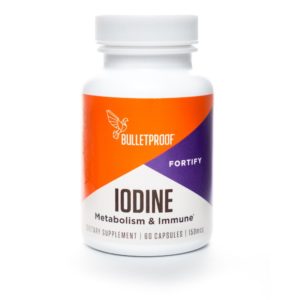
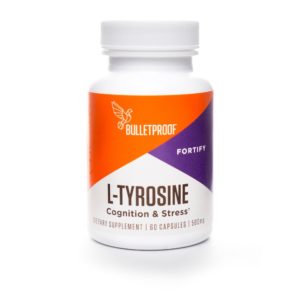
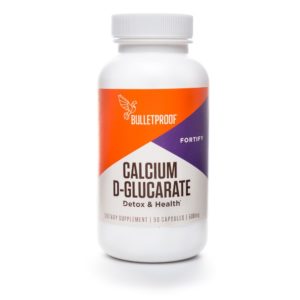
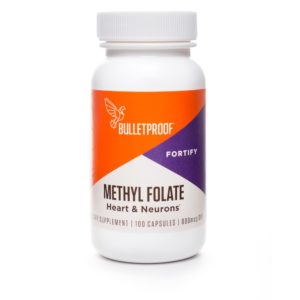
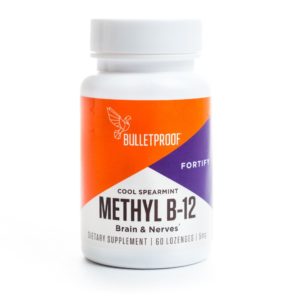
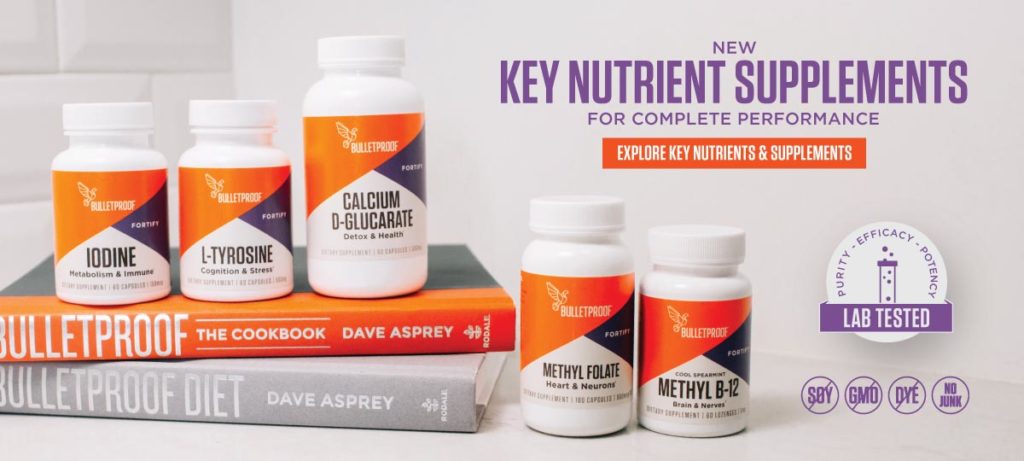

Free Shipping
On orders over $149$14 Flat Rate Shipped fast and Australia-wide